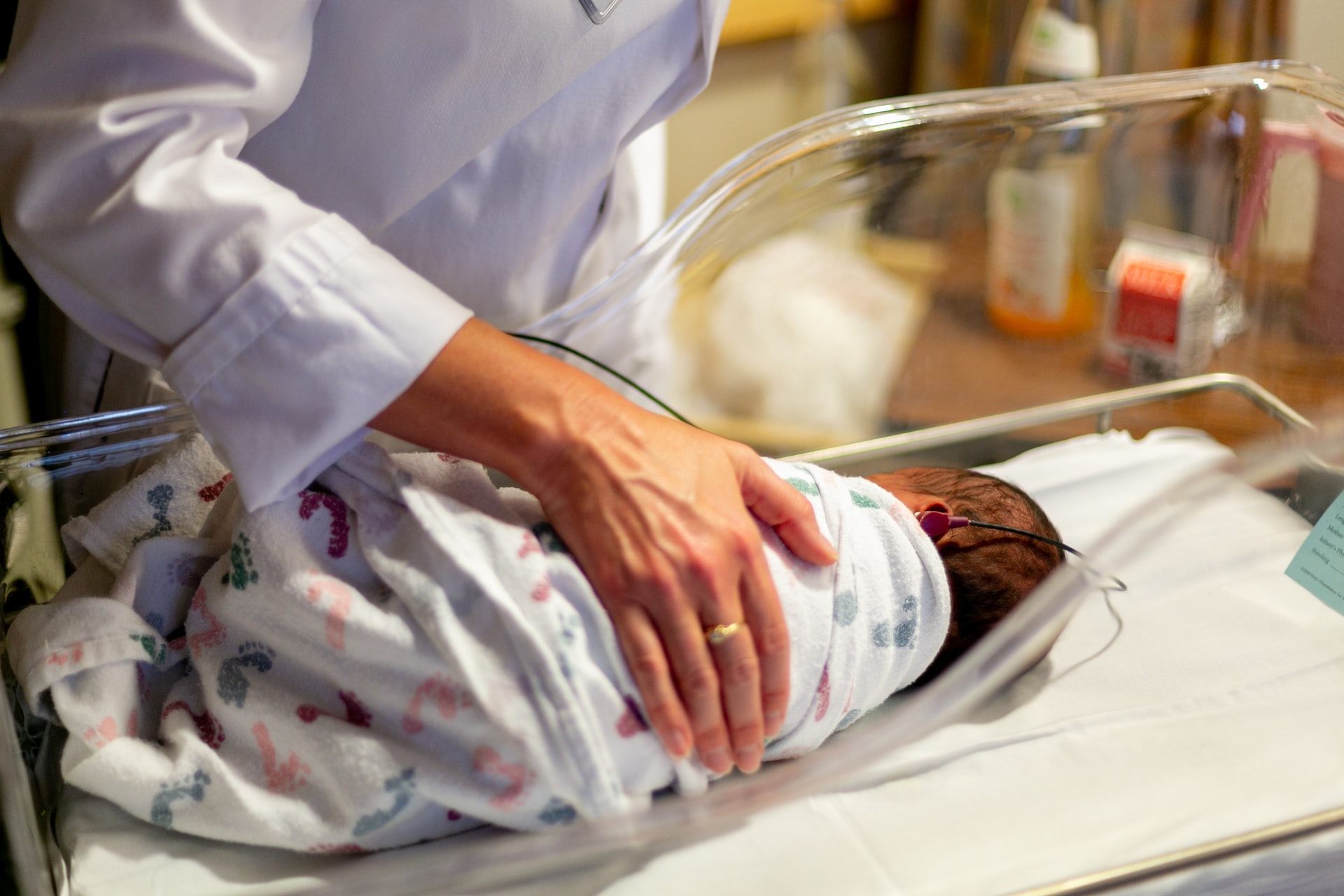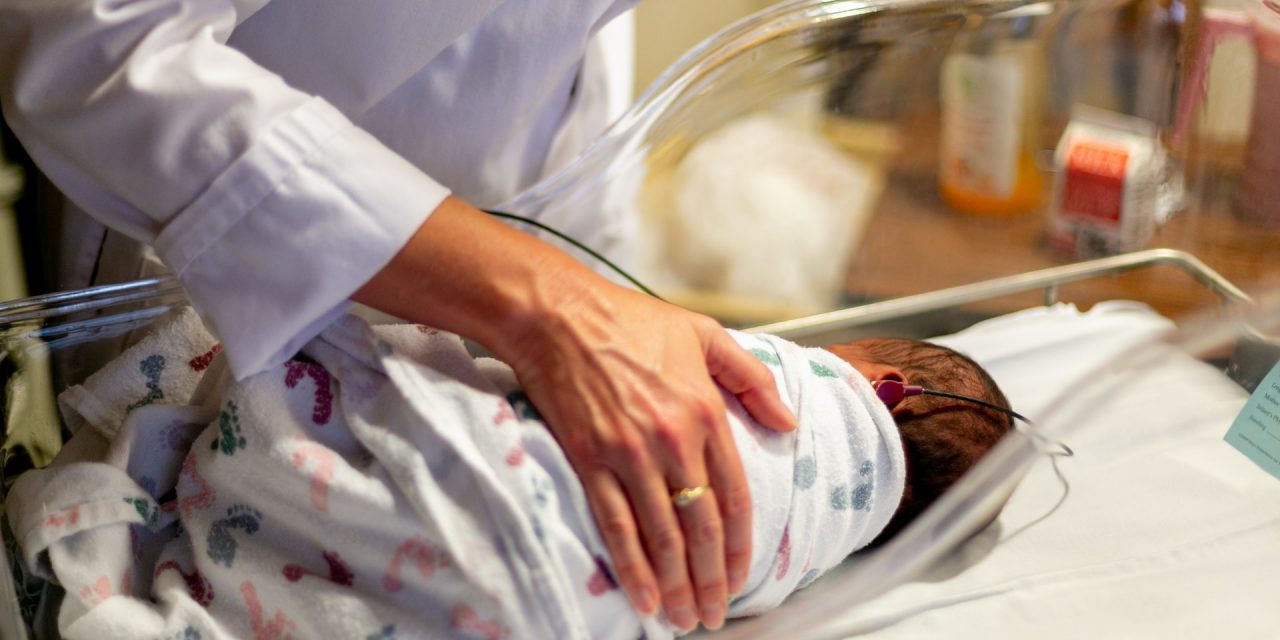Today, IVF is practically a household word that once brought about the age of “test-tube babies”. Thanks to technology, problems with conception and pregnancy no longer mean the end of the road. IVF or in vitro fertilization is one such gem of technology that can help bring the joy of a child to a couple’s life. From the types of IVF processes to the cost, our guide to IVF covers it all.
What Is IVF
In vitro fertilization or IVF assists with the conception of a child through a series of highly complex procedures that help with fertility or prevent genetic problems. In vitro is Latin for “within the glass”, and IVF uses this term to denote the process it follows; IVF is the process where eggs and sperm are combined outside the body in a laboratory. In a nutshell, doctors remove one or more eggs from an ovary to fertilize them in a laboratory. These fertilized eggs are then implanted back into a woman’s uterus.

IVF is a safe option for couples trying different treatments to get pregnant.
With millions of couples actively trying treatments to attain a child of their own, in vitro fertilization is a safe option. It’s a process of assisted reproduction that helps women over 40 or couples suffering from infertility. It is also a process that greatly helps women with blocked or damaged fallopian tubes, or with men who have a low sperm count or damaged sperm.
The cost of an IVF cycle varies based on a number of different factors. However, the cost of IVF in India can be anywhere from INR 2.5 lakhs to INR 4 lakhs. Certain things like additional tests, medicines, and procedures can increase your final cost.
Types And Costs Of IVF
The following are some types of IVF treatments and their approximate costs in India.
Natural IVF:
Natural IVF artificially obtains multiple eggs and creates multiple embryos, thereby increasing your chances of becoming pregnant. The reason why it is labeled ‘natural’ is that it doesn’t use any simulation drugs and instead motivates your body to select your best egg. Natural IVF is also favored because it is considered less costly and can be repeated with back-to-back cycles.
It is an option for women who do not respond well to fertility medication or women with poor ovarian reserve. It can also help young women with tubal failures. In natural IVF, the recipients cannot choose from more than one embryo. The average cost of a Natural IVF treatment in India is around INR 50,000/-.
IVF + Frozen Embryo Transfer:
A frozen embryo transfer (FET) cycle means thawing one or more embryos (frozen during a previous treatment cycle) and transferring them to the uterus. FET seems to be a bankable option for women who desire to postpone their pregnancy until their late 30s or 40s. However, the pregnancy rate differs depending on the age of the woman. There’s a 60% pregnancy rate per embryo transfer for patients 35 or younger, whereas women over the age of 40 have a 20% pregnancy rate per embryo transfer.
Frozen embryo transfers require a two-week wait on the part of recipients. That’s because it might sometimes lead to a false positive after the process. Today in India, the average cost of a FET treatment is between INR 40,000 and 70,000/-.
IVF + Elective Single Embryo Transfer (eSET):
This process entails a woman choosing a single embryo out of multiple available embryos to place in the fallopian tube to establish a pregnancy. While it leads to high levels of pregnancy, the downside of IVF + eSET is that women might have to undergo multiple rounds of embryo plantation to maintain pregnancy rates. A few benefits of eSET are lower pregnancy risks, such as preterm labor, preeclampsia, and low birth weight. It also reduces the risk of ovarian hyperstimulation syndrome (OHSS). The lab also further vitrifies any other healthy embryos for future use.
Donor Egg IVF:
Donor Egg IVF is when the embryos of a young, fertile donor are implanted in the fallopian tube of the recipient. Women under 35 have a 41 to 43% chance of having a baby if they opt for donor egg IVF. This is a procedure that is a potential avenue for women who undergo Premature Ovarian Failure or have a genetically transmitted disease that could be passed on to their genetic offspring. In donor egg IVF, the child will be genetically related to the father but not the mother. It can also assist gay male couples with gestational carriers to attain children. The cost of attaining a donor egg in India is INR 35,000 – 50,000/-.
Donor Sperm IVF:
Donor Sperm IVF is where a donated sperm is offered to couples when there is no possibility of retrieving the sperm naturally or through surgery. The sperm can either be used to inseminate the woman using IUI or to fertilize the eggs in her with an IVF process. Donor Sperm involves placing the donor sperm into the recipient’s uterus around the time of natural ovulation. Once the sperm is in place, the recipient can take a pregnancy test in the span of two weeks. The average cost of Donor Sperm insemination in India is INR 10,000 – 15,000/-.
Intracytoplasmic Sperm Injection (ICSI):
This is a form of IVF in which a single sperm is injected directly into the cytoplasm of a mature egg. The primary use of this is to resolve cases of severe male infertility. This method also skips the acrosome reaction and is a treatment that is advisable for men who have low sperm count or distorted sperm shape. The average cost of ICSI in India in India is INR 70,000 – 300,000/-.

IVF attempts are successful in most cases. Along with regular consultation with your doctor, you also need to maintain a healthy lifestyle for a safe pregnancy.
Conclusion
While IVF types and costs are increasing in number, there are a few factors that one can use to gauge the process. With the biggest factor being the woman’s age, other factors like the patient’s lifestyle, history of previous pregnancy attempts, quality of the egg, sperm & embryo, and so on play a huge role in the success rate of an IVF attempt. One can increase their chances of IVF success by maintaining a healthy weight and reducing stress levels.
Additionally, taking the right supplements, avoiding smoking and drinking, ensuring your levels of vitamin D are steady, and partnering with the right doctor and embryology laboratory will also help. And once your baby is out with you in the world, make sure to download the ImmunifyMe app to keep a track of your child’s vaccination and immunization records.
FAQs On IVF Types And Costs
What Is The Most Expensive Part Of An IVF Treatment?
The most expensive part of an IVF treatment is using a gestational carrier i.e. implanting your fertilized egg into another woman’s womb so she can carry it for you. Considering all the fees it includes, like legal fees, agency fees, and the costs of the IVF process itself, it becomes fairly expensive. However, IVF types and costs could vary with the different processes.
What Are The Different Types Of IVF?
The different types of IVF procedures are:
- IVF + Frozen Embryo Transfer (FET)
- IVF + Elective Single Embryo Transfer (eSET)
- Natural IVF.
- IVF + Intracytoplasmic Sperm Injection (ICSI)
- IVF + Egg Donor.
- Mini IVF (minimal stimulation)
- IVF + Donor Sperm.
What Is The Minimum Cost Of IVF?
The final cost of your IVF treatment depends on different factors like geographic conditions and the egg type. But as an approximate, the cost amounts to anywhere between INR 2.5 lakhs to 4 lakhs.
What Are The 4 Stages Of IVF?
IVF is a four-stage process that involves
- Stage 1: Ovarian stimulation, monitoring, and ovulation triggering.
- Stage 2: Egg retrieval a.k.a. Egg Pick Up (EPU)
- Stage 3: Fertilization
- Stage 4: Transferring the embryo






